Uighur outrage at Liberal MP Jing Lee’s links with Beijing propaganda arm
A Liberal MP has had close contact with a Beijing-backed organisation that denies Uighur persecution and has links to the CCP.
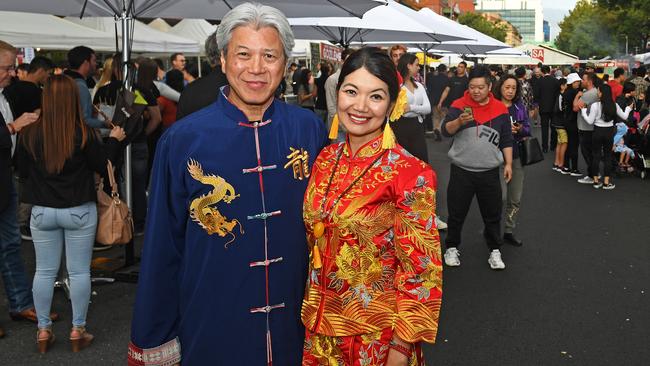
A South Australian Liberal MP has had close and frequent contact with a Beijing-backed organisation that denies any persecution of China’s Uighur ethnic minority and that security experts have linked to the Chinese Communist Party’s international propaganda arm, the United Front Work Department.
Liberal MLC Jing Lee, who serves as Assistant Minister to Premier Steven Marshall, has enraged SA’s Uighur community by championing the Xinjiang Association of SA, whose operations are closely intertwined with the Chinese consulate-general in Adelaide.
Ms Lee has emerged as a major supporter of Beijing within the SA parliament, warning fellow Liberal MPs against meeting with the banned group Falun Gong for fear of offending China and also speaking at a consulate-general function in Adelaide in 2017 promoting China’s One Belt, One Road initiative, where she urged SA to do as Victoria has done and sign on to the controversial infrastructure program.
While that event received no mainstream news coverage Ms Lee’s speech was covered by the pro-Beijing Australian Chinese Newspaper Group, which also ran photographs of Ms Lee with consular staff.
“Li Jingxuan called on both the government and private companies to embrace the tremendous opportunities brought about by the Belt and Road initiative,” the article stated, describing the projects as a “win-win” for China and SA.
The Australian sent a list of detailed questions to Ms Lee on Thursday asking about her pro-Beijing positions and her involvement with the Xinjiang Association.
She sent this in reply: “I am a proud Australian with a rich Malaysian-Chinese heritage. It is a great privilege to support our multicultural communities in South Australia in my role as a member of the Legislative Council.
“I meet regularly with migrant and refugee groups and attend hundreds of events each year. I’m very grateful to be living in an Australian society that embraces cultural diversity — one that values mutual respect, acceptance, a fair go and compassion for those in need.”
It is Ms Lee’s ties to the Xinjiang Association that are causing the most controversy in Adelaide, which is home to Australia’s largest Uighur community of about 1500 people, most of whom fled to SA in the past two decades to escape persecution in China’s northwestern Xinjiang province.
Those ties came about as a result of investigations by The Australian into the conduct of Adelaide’s Chinese consulate, which when established in 2015 took the unusual step of co-locating with the SA Overseas Chinese Association at an abandoned school in the western suburbs, effectively integrating it within SA’s Chinese community.
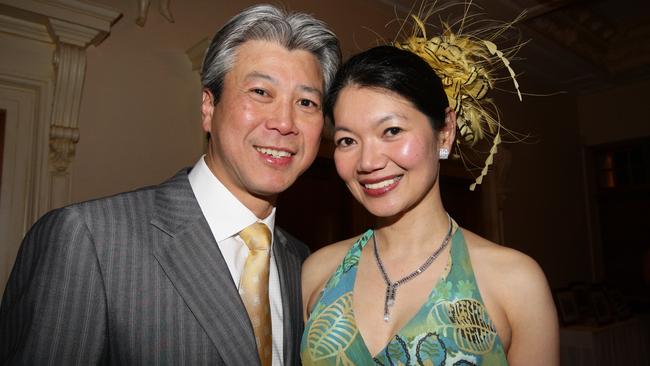
The consulate has since moved to a gated property bought by the Chinese government for $5m.
The consulate is home to 10 diplomats, trade and intelligence officers from China, the largest presence of any foreign nation in SA.
Federal Labor and Liberal MPs are questioning why a small city such as Adelaide has such a highly-staffed Chinese consulate and SA independent senator Rex Patrick is urging its closure on security grounds given SA’s lead role in Australia’s defence sector.
The consul is now operating in tandem with the SA Xinjiang Association, which has become more belligerent and organised in the five years since the consulate opened.
The Australian has spoken to academics and security experts who regard the association as a Beijing front that operates in line with the Chinese Communist Party’s United Front Work Department, where organisations are fostered or created to present positive messages about life under Chinese rule.
Adelaide’s Uighur community has told The Australian they regard the association as a group aimed at creating the perception that there is no repression in the Xinjiang province, where human rights group say tens of thousands of Uighurs have been forced into re-education camps and even disappeared.
Members of the SA Xinjiang Association are predominantly Adelaide-based Han Chinese but wear Uighur costume and perform songs and dances and profess their happiness under communist rule.
The organisation has found a great supporter in Ms Lee, who has organised tours of SA parliament for the SA Xinjiang Association, posing inside the chamber and on the steps of parliament, and attending social events for the association with the leaders of Adelaide’s Chinese consulate. She also accompanied the then opposition leader, Premier Steven Marshall, and now Education Minister John Gardiner to a Xinjiang event in 2016.
The Xinjiang Association has no office, no telephone number and holds many of its functions in conjunction with the consulate, including a 10th anniversary celebration last year which was attended by Ms Lee representing Mr Marshall.
At the event, SA Chinese consul-general He Lanjing told the 600 guests that the Xinjiang province was prosperous and peaceful and extolled the benefits of Belt and Road initiatives to improve life in the region.
“Xinjiang has achieved a historic leap forward in its economy, culture and society, and the living standards of the people of all ethnic groups — including clothing, food, shelter and transportation — have improved tremendously,” Mr He said.
“With the further advance of the Belt and Road construction, Xinjiang will usher in more opportunities and broader space. The vibrant Xinjiang will have a better tomorrow.”
The Australian has obtained correspondence from SA’s Uighur community group to the Adelaide City Council this January denouncing the fact that the Xinjiang Association had muscled in on events such as Australia Day and had no right to speak on behalf of the Uighur people.
“Our culture, dress and music has been hijacked by the Han Chinese of the SA Xinjiang Association which we strongly believe is part of a soft propaganda publicity act from the communist Chinese government’s eradication of the Uighur Turkic people,” the letter states.
“SA XA has never condemned the current situation in Xinjiang, they have however paraded and hosted events to show their support for China’s wrongdoing.”
The Uighurs in SA are represented by the East Turkistan Australian Association, whose cultural director, Hekmat Hasanoff, told The Australian there had been confrontations between Uighurs and Han Chinese Xinjiang Association members at last year’s Australia Day parade.
He also said many Adelaide Uighurs had received harassing phone calls and messages on social media apps and believed the Xinjiang Association was spying on them.
Another SA Uighur, accountant Halimah Valiyff, said she had approached a Xinjiang Association member at the same parade to complain about his wearing Uighur costume.
“He said that if I kept talking to him he would call the police,” Ms Valiyff said.
“They are really quite aggressive and they are deliberately provoking us by claiming to represent us and to be telling the truth about us. I have got relatives in detention centres in Xinjiang. We all have.”
East Turkistan Australian Association president Nurmuhammad Majid said that while Ms Lee met frequently with the SA Xinjiang Association, she did not met with his group. “It is pretty obvious who’s side she is on in our fight,” he said.
Ms Lee is also close friends an Adelaide seafood mogul, Simon Yong Koh, who is the SA vice-president of the Australian Council for the Promotion of the Peaceful Reunification of China — cited by University of Adelaide China expert Gerry Groot and strategic analyst Alex Joske as the key United Front propaganda body in Australia, with its advocacy for Hong Kong and Taiwan to be controlled by the Chinese mainland.
Mr Koh is also a former president of the Overseas Chinese ¬Association of SA and Ms Lee lauded him in a speech to SA parliament in 2017.
He has travelled to China to attend major Communist Party events, including serving as a delegate at the 9th Committee of the All-China Federation of Returned Overseas Chinese in 2013.


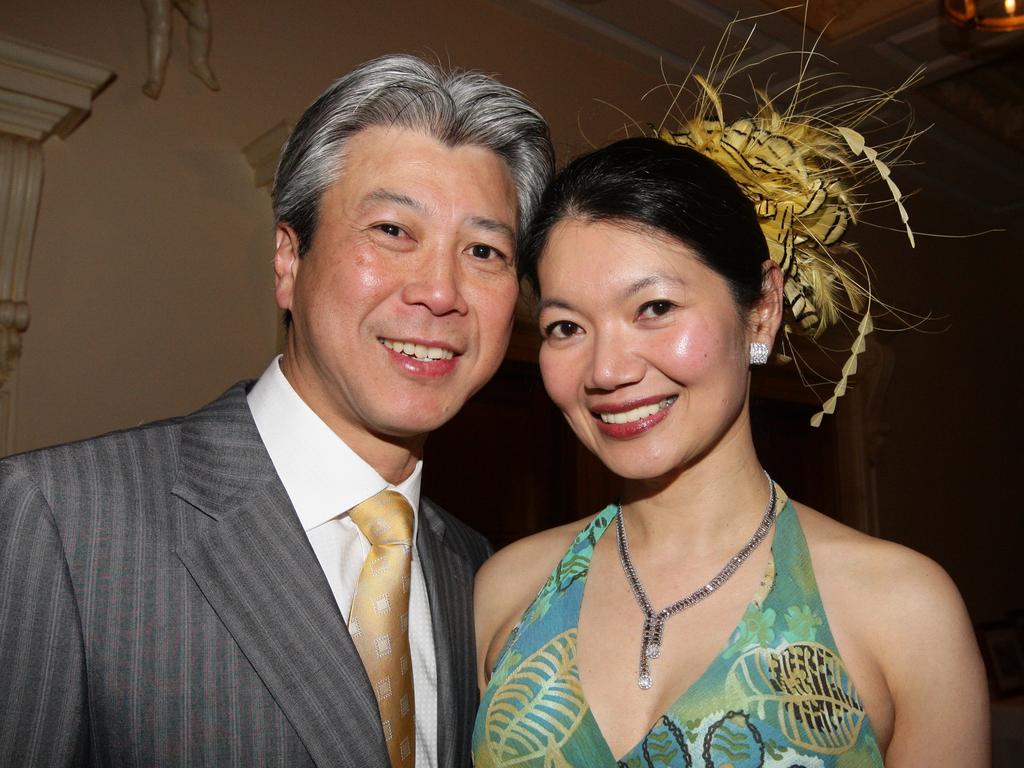
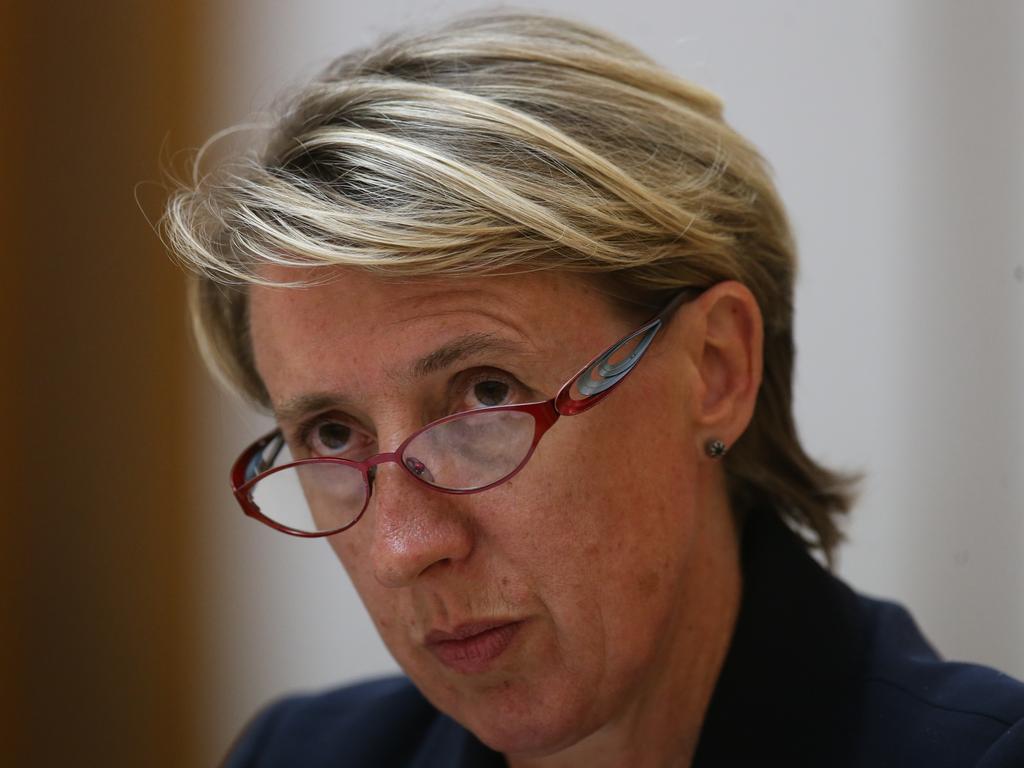

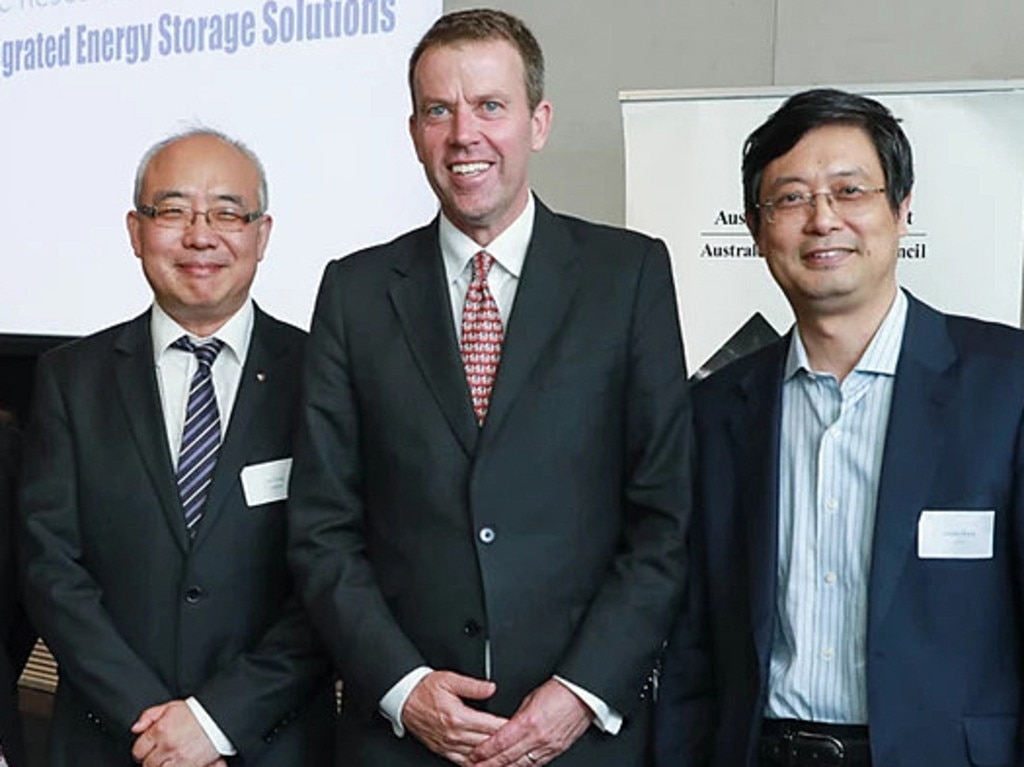


To join the conversation, please log in. Don't have an account? Register
Join the conversation, you are commenting as Logout